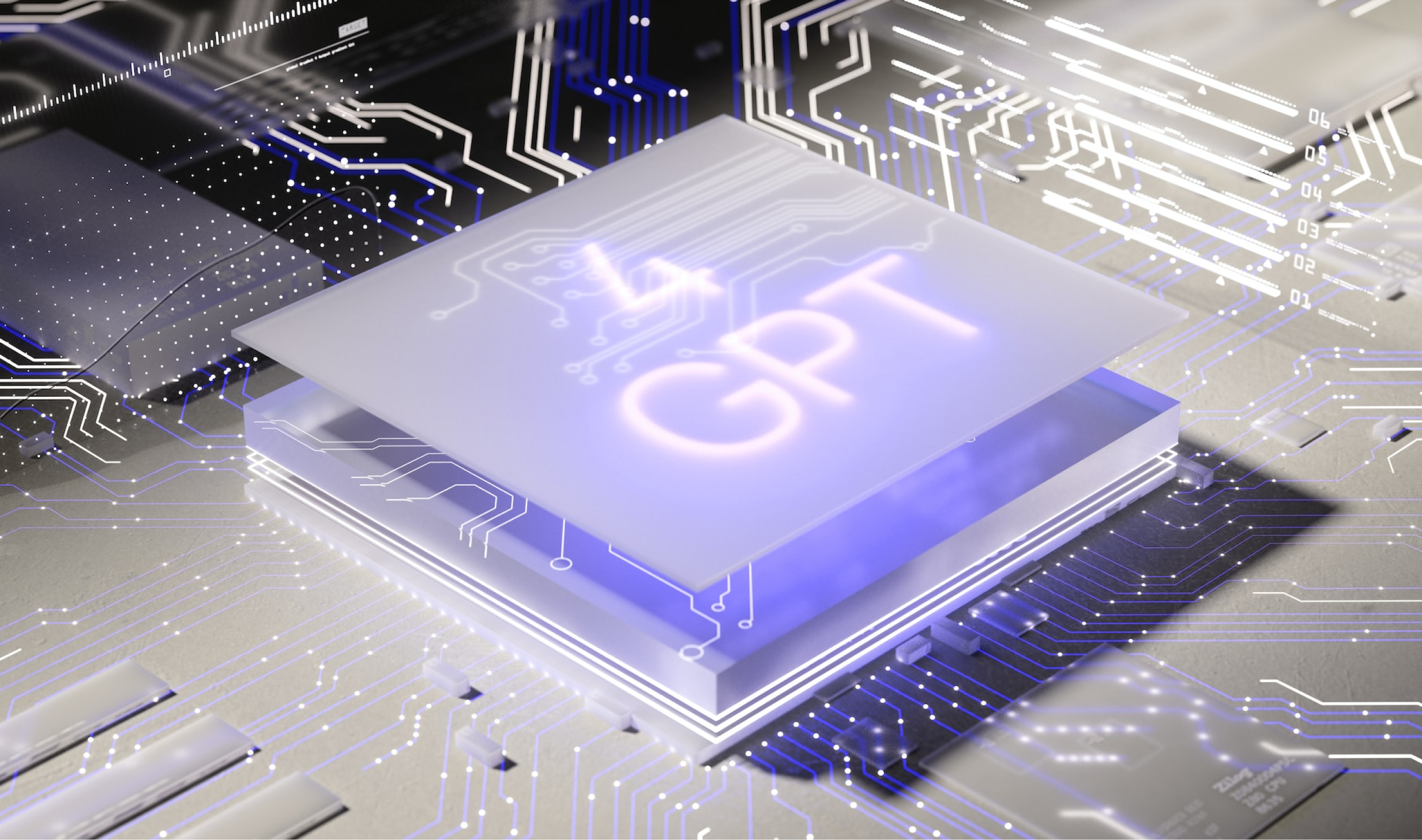
How GPT-4 Mastered the Entire Bar Exam, and Why That Matters for Legal Tech
A groundbreaking achievement made headlines in the world of legal education this year. OpenAI unveiled its most advanced AI model to date, GPT-4. This AI powerhouse not only took on the US Uniform Bar Exam (UBE), but it excelled in all three parts, securing a score that would place it in the top 10% of human test-takers. This is a monumental leap in AI capabilities and an exciting development for the field.
A New Benchmark in AI Progress
You might recall that GPT-4’s predecessor, GPT-3.5, attempted the bar exam back in January 2023, but the results were less impressive. GPT-3.5 only tackled the multiple-choice portion of the bar exam and didn’t fare well, achieving a score that would put it in the bottom 10% of human test-takers. However, the research paper accompanying these results hinted at future possibilities, suggesting that AI models could soon master the bar exam’s multiple-choice component.
Fast forward to GPT-4, and the story is remarkably different. GPT-4 tackled all three sections of the bar exam and achieved a score that would place it among the top 10% of human test-takers. It’s a significant milestone because it showcases AI’s capability to handle complex tasks demanding deep legal knowledge, reading comprehension, and writing proficiency.
AI’s Rapid Advancements
To put this achievement in context, GPT-2, an earlier AI model, struggled to even generate a reportable score on the bar exam. While handling the multiple-choice section is no small feat, the bar exam includes two written sections—long-form essays and short-form questions—which present a more substantial challenge for AI models.
GPT-4, however, exceeded expectations. Its success on all sections of the bar exam demonstrates AI’s evolving capabilities and sets a new standard. The legal community now faces the reality of AI-equipped tools that can read, interpret, classify, analyze, and improve various legal processes, marking a new era in the legal practice.
AI’s Impact on Legal Tech Language
One of the significant achievements of GPT-4 is its ability to handle legal jargon and legalese with remarkable fidelity. This means that law firms and legal departments will need to rethink how they integrate AI technology into their operations. AI models like GPT-4 are not simply robot lawyers; they are tools that enhance legal practice, allowing legal professionals to focus on the core aspects of their profession.
GPT-4’s Exceptional Performance
The Uniform Bar Exam comprises three parts: the multiple-choice MBE, the open-ended Multistate Essay Exam (MEE), and the Multistate Performance Test (MPT). In the first study, GPT-3.5 was only tested on the MBE, while GPT-4 faced the entire UBE, excelling in all sections and outperforming the average human test-taker.
GPT-4’s performance is remarkable for its accuracy and understanding of complex legal language, a significant improvement over earlier AI models. While GPT-4 did make some errors, they were similar to mistakes human test-takers might make. This means that the AI’s responses were in the realm of reason, although not entirely accurate in every case.
The Future of AI in Law
GPT-4’s success represents a significant advancement in AI’s language and reasoning capabilities, and it underscores the need for legal professionals to adapt to this new technological landscape. AI models like GPT-4 can offer unprecedented value for attorneys and their clients when used responsibly and effectively.
In conclusion, GPT-4’s feat in mastering the bar exam is a testament to the ever-evolving potential of AI in the legal tech world, providing a new horizon for legal practice and the advancement of technology.
What do you think about the future of AI in the legal tech space and how it will impact the work of attorneys in law?
